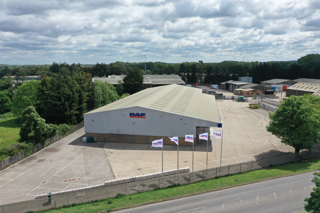Data is becoming increasingly important in fleet management- a fact acknowledged by one fleet operator at the June 2017 Fleet200 Executive Club meeting, who said: “Without data I can’t do my job.”
However, participants in the roundtable discussion also recognised the challenges that data management can bring, particularly as the amount of data increases.
Summary of discussion points:
- Fleet operators are using telematics to generate data on how the vehicle is being driven and identify whether the driver is speeding, harsh braking/accelerating/cornering etc.
- The majority of fleet operators use telematics data to identify which drivers need education/support rather than using it as a disciplinary tool.
- Some fleet operators are combing telematics data with other data, such as maintenance spend, mpg, tyre wear rate, accident rate and cost of incidents, to identify where potential problems lie. They use data as a tool to build up a profile of each driver.
- Fleet operators recognise that there is a risk to the business if they do not act on data which shows drivers are speeding.
- The biggest issue with data is “information overload”, according to one fleet operator. He suggested that the more data you manage the more staff you need. However, one fleet operator had seen staff numbers reduce as a result of using fleet management software.
- Fleet management software was being used by a number of fleet operators to bring data together and generate reports for analysis.
- Fleet operators can struggle to get buy-in from drivers. One said that “you will never get 100% buy-in” and that “there will always be one or two drivers that complain no matter what”.
- ‘Leading by example’ has been an effective way to get buy-in with senior managers and fleet operators having telematics fitted to their company vehicles. However, in some businesses senior managers were reluctant to do this.
- Dashcams/in-cab cameras are “not as hard a sell as telematics”, according to one fleet operator, as drivers appreciate that it may personally benefit them e.g. in the event of an accident it could provide evidence that were not at fault.
- Fleet operators that use technology such as telematics and dashcams must make it clear to the drivers what they are recording and what they are using the data for.





















Login to comment
Comments
No comments have been made yet.